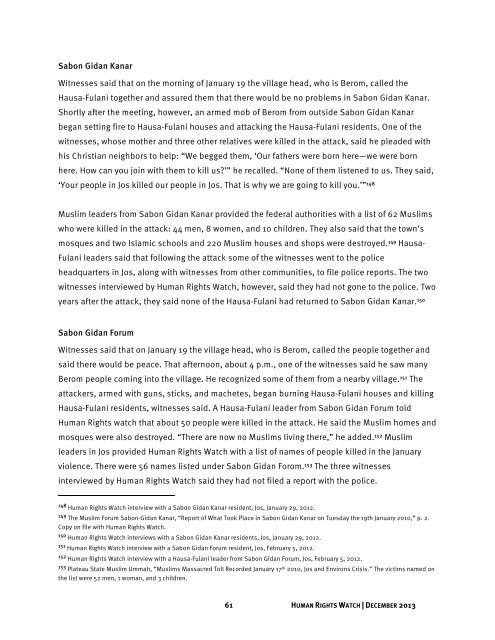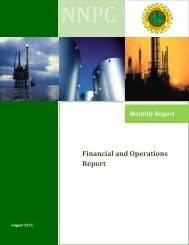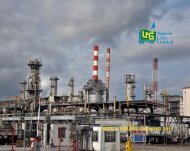Create successful ePaper yourself
Turn your PDF publications into a flip-book with our unique Google optimized e-Paper software.
Sabon Gidan Kanar<br />
Witnesses said that on the morning of January 19 the village head, who is Berom, called the<br />
Hausa-Fulani together and assured them that there would be no problems in Sabon Gidan Kanar.<br />
Shortly after the meeting, however, an armed mob of Berom from outside Sabon Gidan Kanar<br />
began setting fire to Hausa-Fulani houses and attacking the Hausa-Fulani residents. One of the<br />
witnesses, whose mother and three other relatives were killed in the attack, said he pleaded with<br />
his Christian neighbors to help: “We begged them, ‘Our fathers were born here—we were born<br />
here. How can you join with them to kill us?’” he recalled. “None of them listened to us. They said,<br />
‘Your people in Jos killed our people in Jos. That is why we are going to kill you.’” 148<br />
Muslim leaders from Sabon Gidan Kanar provided the federal authorities with a list of 62 Muslims<br />
who were killed in the attack: 44 men, 8 women, and 10 children. They also said that the town’s<br />
mosques and two Islamic schools and 220 Muslim houses and shops were destroyed. 149 Hausa-<br />
Fulani leaders said that following the attack some of the witnesses went to the police<br />
headquarters in Jos, along with witnesses from other communities, to file police reports. The two<br />
witnesses interviewed by Human Rights Watch, however, said they had not gone to the police. Two<br />
years after the attack, they said none of the Hausa-Fulani had returned to Sabon Gidan Kanar. 150<br />
Sabon Gidan Forum<br />
Witnesses said that on January 19 the village head, who is Berom, called the people together and<br />
said there would be peace. That afternoon, about 4 p.m., one of the witnesses said he saw many<br />
Berom people coming into the village. He recognized some of them from a nearby village. 151 The<br />
attackers, armed with guns, sticks, and machetes, began burning Hausa-Fulani houses and killing<br />
Hausa-Fulani residents, witnesses said. A Hausa-Fulani leader from Sabon Gidan Forum told<br />
Human Rights watch that about 50 people were killed in the attack. He said the Muslim homes and<br />
mosques were also destroyed. “There are now no Muslims living there,” he added. 152 Muslim<br />
leaders in Jos provided Human Rights Watch with a list of names of people killed in the January<br />
violence. There were 56 names listed under Sabon Gidan Forom. 153 The three witnesses<br />
interviewed by Human Rights Watch said they had not filed a report with the police.<br />
148 Human Rights Watch interview with a Sabon Gidan Kanar resident, Jos, January 29, 2012.<br />
149 The Muslim Forum Sabon-Gidan Kanar, “Report of What Took Place in Sabon Gidan Kanar on Tuesday the 19th January 2010,” p. 2.<br />
Copy on file with Human Rights Watch.<br />
150 Human Rights Watch interviews with a Sabon Gidan Kanar residents, Jos, January 29, 2012.<br />
151 Human Rights Watch interview with a Sabon Gidan Forum resident, Jos, February 5, 2012.<br />
152 Human Rights Watch interview with a Hausa-Fulani leader from Sabon Gidan Forum, Jos, February 5, 2012.<br />
153 Plateau State Muslim Ummah, “Muslims Massacred Toll Recorded January 17 th 2010, Jos and Environs Crisis.” The victims named on<br />
the list were 52 men, 1 woman, and 3 children.<br />
61 HUMAN RIGHTS WATCH | DECEMBER 2013




